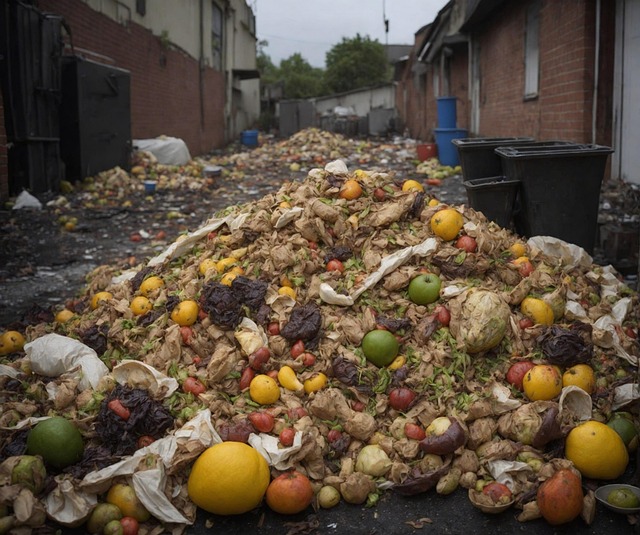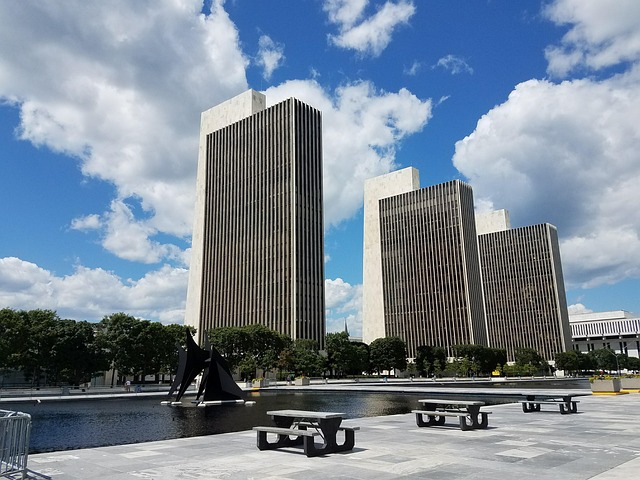Boston and New York City (NYC) are leaders in e-waste recycling, employing cutting-edge technologies and accessible programs to minimize environmental impact. Boston's Cyber Waste Collection Program excels in speed and efficiency, while NYC offers diverse drop-off locations and specialized initiatives. Both cities promote sustainable practices through innovative sorting, recycling methods, community engagement, and education, setting examples for urban Boston NY e-waste recycling and a greener digital future.
“Boston and New York City, two bustling metropolises, are leading the way in e-waste management with their efficient and innovative recycling programs. This article explores how these cities handle electronic waste, comparing their speeds and techniques. From top recycling centers to environmental impacts, we delve into Boston’s and NYC’s success stories. Additionally, we gaze into the future of urban e-waste recycling, highlighting trends that could revolutionize sustainable practices in these urban centers.”
- Boston's Top E-Waste Recycling Centers
- Efficient E-Waste Management in NYC
- Comparing Recycling Speed: Boston vs. NYC
- Innovative Techniques for E-Waste Processing
- Environmental Impact: Boston's Success Story
- Future Trends in Urban E-Waste Recycling
Boston's Top E-Waste Recycling Centers

Boston, a city known for its rich history, is also leading the charge in sustainable technology disposal with several top-tier e-waste recycling centers. These facilities play a crucial role in managing the ever-growing problem of electronic waste, not just within the city limits but also serving as resources for nearby areas like New York City. Boston’s e-waste processors utilize cutting-edge methods to ensure proper disposal and recycling, minimizing environmental impact.
Among the notable centers are locations that cater specifically to boston electronic waste drop-off, offering convenient services for residents and businesses alike. Manhattan, being a bustling hub in NYC, also boasts several e-recycling drop-off points participating in nyc e-cycling events and initiatives. These programs not only promote eco-friendly practices but also foster a sense of community involvement in preserving the environment.
Efficient E-Waste Management in NYC

In the bustling metropolis of New York City, efficient e-waste management is no less transformative than Boston’s efforts in this domain. NYC’s e-waste recycling programs are meticulously designed to keep pace with the city’s fast-paced tech landscape, ensuring that electronic devices from homes and businesses across the five boroughs don’t end up in landfills. The city boasts a robust network of computer recycling services, offering convenient drop-off points for residents and even specialized boston computer recycling for schools initiatives, fostering a sustainable future for students and educators alike.
Beyond residential and educational sectors, boston e-recycling for startups has also gained traction, with innovative tech companies adopting responsible disposal practices. This collective commitment to e-waste management sets a vibrant example for other urban centers, demonstrating that even in the heart of bustling metropolises like NYC and Boston, sustainable practices can thrive, contributing to a cleaner, greener digital future.
Comparing Recycling Speed: Boston vs. NYC

In the competitive landscape of e-waste recycling, both Boston and New York City (NYC) have established robust systems to keep up with the ever-growing volume of electronic waste. When it comes to processing speed, Boston stands out as a notable performer, often surpassing its urban counterpart, NYC. The Boston Cyber Waste Collection Program has streamlined its operations, ensuring efficient collection and recycling of e-waste from both residential and commercial sources. This program’s effectiveness is reflected in the city’s impressive recycling rates, which consistently exceed industry standards.
In contrast, while NYC boasts several well-organized computer recycling programs, its electronic waste recycling statistics show a slightly slower processing rate compared to Boston. Factors such as population density and the diversity of recycling infrastructure play a role in this disparity. However, NYC continues to make significant strides in e-waste management, offering numerous drop-off locations and promoting community engagement through various initiatives.
Innovative Techniques for E-Waste Processing

Boston and New York City, both recognized for their technological innovation, are also leading the charge in e-waste processing through advanced techniques that ensure efficient and eco-friendly recycling. In Boston, initiatives focus on transforming electronic waste into valuable resources by employing sophisticated methods such as advanced sorting technologies and chemical recycling processes. These cutting-edge approaches allow for the recovery of rare earth metals, plastics, and other materials that can be repurposed in various industries, reducing the environmental impact of e-waste generation.
Similarly, New York City has implemented robust e-waste management programs, including specialized tech waste management centers. These facilities handle a wide range of electronic items, from outdated computers and cell phones to larger household appliances, ensuring proper disposal and recycling. Boston’s cell phone recycling centers and electronic recycling centers open late cater to the city’s diverse needs, encouraging residents and businesses to participate in sustainable e-waste reduction practices.
Environmental Impact: Boston's Success Story

Boston has emerged as a beacon of environmental stewardship when it comes to e-waste processing, setting an example for cities like New York City (NYC) in tech waste reduction strategies. The city’s success story lies in its innovative Cyber Waste Collection Program, which facilitates responsible and efficient collection of electronic waste from various sources. This initiative has been instrumental in keeping Boston ahead of the curve in terms of sustainable e-waste management.
By focusing on comprehensive recycling and proper disposal, Boston has achieved notable results, reducing the environmental impact of tech waste. In contrast to NYC’s electronic waste recycling statistics, which highlight the challenges of managing a vast urban area, Boston’s smaller scale allows for more precise and effective implementation of e-waste collection programs. This success demonstrates that even in densely populated areas, proper management practices can significantly decrease the ecological footprint of cyber waste, inspiring other cities, including NYC, to adopt similar strategies for a greener future.
Future Trends in Urban E-Waste Recycling

The future of urban e-waste recycling looks promising, with cities like Boston and New York leading the way in sustainable technology disposal. As awareness grows about the environmental impact of electronic waste, we can expect to see more innovative solutions and streamlined processes. Boston’s top e-waste processors are already implementing advanced technologies, such as AI-driven sorting systems and closed-loop recycling methods, to enhance efficiency and reduce costs. These cutting-edge approaches ensure that a higher percentage of discarded electronics are recycled or repurposed, minimizing the amount sent to landfills.
Looking ahead, New York City is launching tech waste reduction strategies focused on encouraging responsible disposal and upcycling. Computer recycling services in the Boston area are also expanding their reach, targeting both businesses and residents with convenient drop-off points and pick-up options. With proper education and accessible programs, cities like Boston and NYC aim to create a circular economy for e-waste, where resources are recovered and reused, contributing to a greener and more sustainable future.
Boston and New York City, both hubs of technological innovation, have raised the bar for e-waste recycling with their efficient processing methods. The comparison between these two metropolitan areas highlights the significant strides made in urban e-waste management. From top-tier recycling centers to innovative processing techniques, Boston has established itself as a leader in sustainable e-waste disposal. As we look towards the future, the trends in urban e-waste recycling suggest that both cities will continue to inspire and influence global efforts to create a greener digital world, ensuring that old electronics find new life rather than ending up in landfills. The race to become the fastest and most eco-friendly e-waste processors is on, with Boston and NYC at the forefront, setting a benchmark for other urban centers worldwide.














